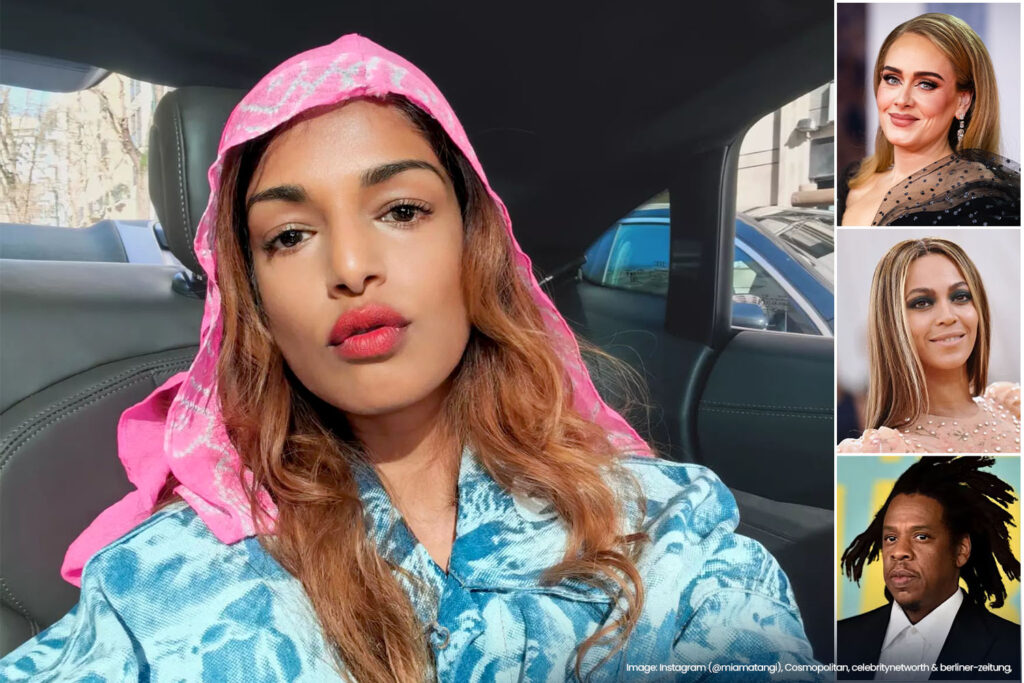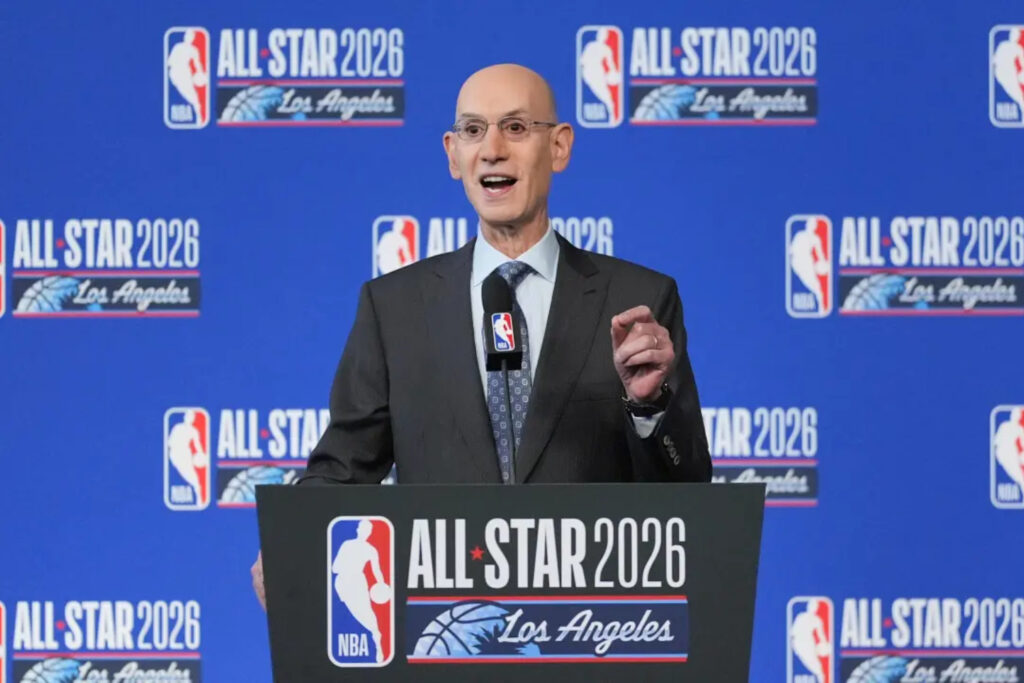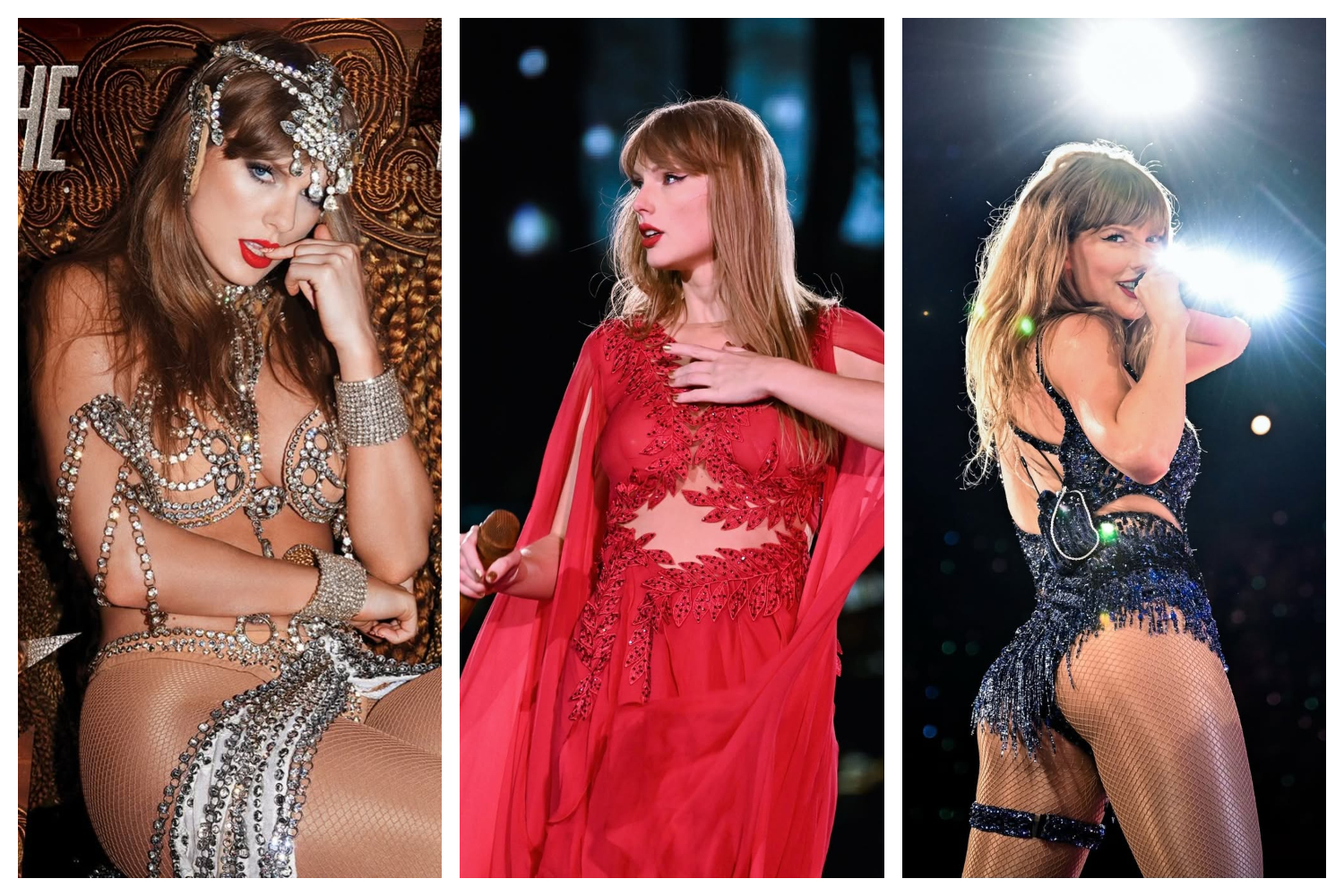The British rapper and activist MIA recently gave her opinion on Adele, Beyoncé, and her husband Jay-Z. Her comments raised various issues plaguing the music industry. What did she say about these legendary artists? Read on, as we look into MIA’s point of view and analyze how she breaks the stereotypical patterns of the music industry.
MIA’s point of view about Adele, Beyoncé, and Jay-Z
MIA boldly asserted that she played a pivotal role in Adele’s career trajectory, specifically highlighting her connection to Jonathan Dickens, who became Adele’s manager through MIA’s professional network. She complained about how Adele is always quick to point out Beyoncé during award ceremonies, which MIA says is okay because she has never known her music partner getting the same recognition while she plays a significant role in shaping her career.
Addressing Beyoncé’s artistic evolution, MIA argued that the singer’s political consciousness was significantly influenced by her groundbreaking work as per Fandomwire. She took exception to such things as Beyoncé’s failing to balance music content with one’s physical appearance, implying that the latter might set up bad precedents in the industry.
MIA’s critique involved engaging with Jay Z, recognizing his position within Hip Hop but also calling out the materialism present in his lyrics. In her words, she exposed other deeper problems that relate to the structure of professionalism that women and artists of colour face in the music industry. Her stay at Roc Nation was a typical illustration of how WOCs are subjected to enduring discrimination in uniform white industry structures.
The artist’s commentary transcends individual interactions, representing a comprehensive critique of the music industry’s commercialization. From 1985 on, MIA wanted to portray herself as a provocative figure on the dance music scene with no tolerance to conservative values and norms who did not want to tone down her sound just to appeal to the masses as per Fandomwire.
The things said by MIA are not their own complaints of the subject – it is a more general discourse about recognition, representation, and identity in the music industry. Using her voice against famous artists and trends, she invites the audience to question the biases of the system and overlooked talents of artists of colour.
Conclusion
Her blunt comments are timely words that draw the audience’s attention to the fact that the problem of racist representation still challenges artists of colour today. The MIA’s intervention raises awareness regarding what it means to be artistic achievement, the possibility of professional recognition, as well as the relations of dominance that structure today’s music industry.










